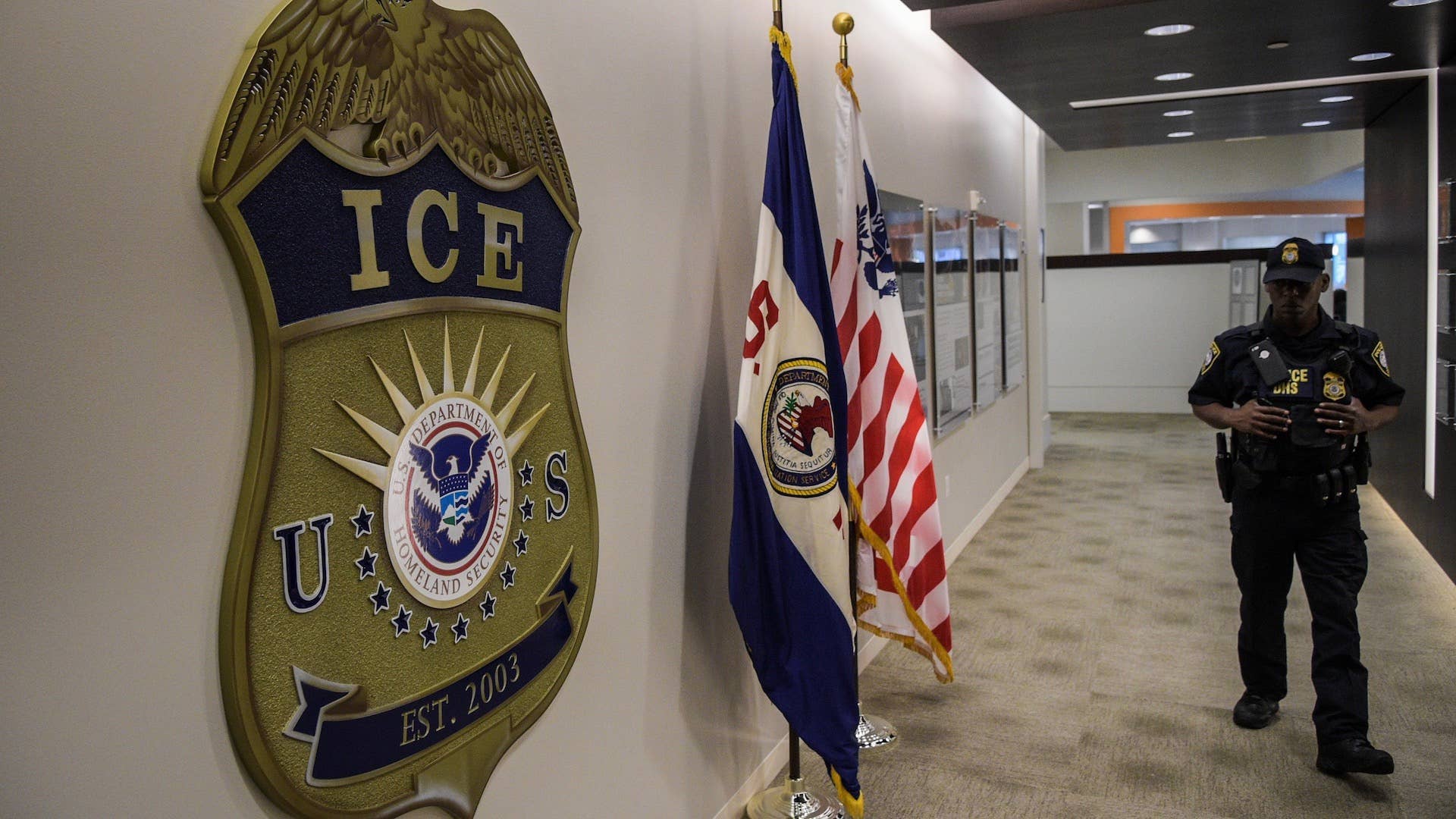
U.S. Immigration and Customs Enforcement said it mistakenly published online data that could put thousands of lives in danger.
According to the Los Angeles Times, the agency confirmed it erroneously shared personal information that identified 6,252 asylum-seekers. The data reportedly included the names, birthdates, nationalities, case numbers, and locations of immigrants who allegedly came to the U.S. to evade torture and persecution.
ICE said the information was shared Monday on a website that regularly posts detention statistics. The agency acknowledged it learned about the breach from immigrant advocacy group Human Rights First, and immediately took steps to remove the personal info, which was available to view for about five hours.
“Though unintentional, this release of information is a breach of policy and the agency is investigating the incident and taking all corrective actions necessary,” an ICE spokesperson said in a statement.
The agency is now asking anyone who downloaded the data to delete it. It is also notifying the immigrants who were affected by the mistake, and trying to determine if the disclosure will affect their status.
Immigration advocates are now worried that the error could harm asylum-seekers, as many “fear that gangs, governments, or individuals back home will find out that they sought protection in the U.S.” Diana Rashid, a managing attorney of the National Immigrant Justice Center, expressed this concern when she found one of her clients on the list.
“We are deeply concerned about our client’s safety after ICE publicly shared this very sensitive information about her and thousands of others like her,” Rashid said. “She is seeking protection from removal because she fears persecution if returned to her country of origin. Revealing this information makes her more vulnerable to the persecution and abuses she fears if deported.”

